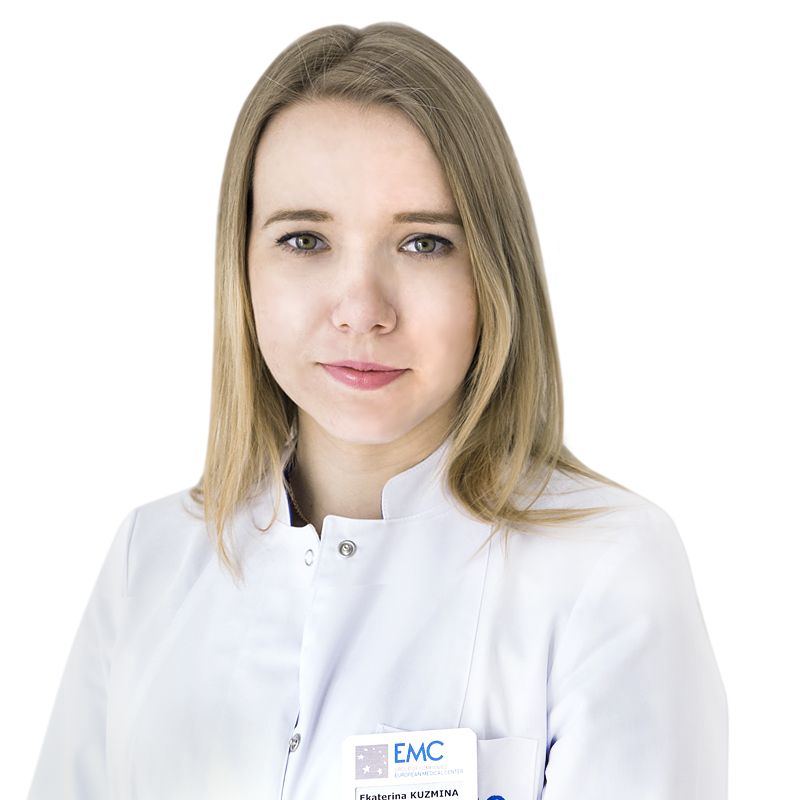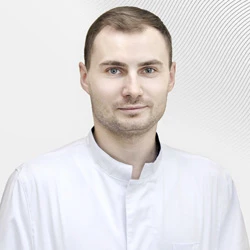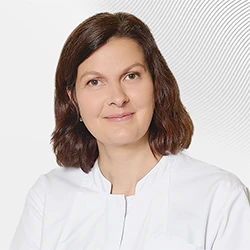Aggression is a natural condition that manifests itself in children, starting from the age of 2, as one of the ways to get to know the world around you. A small child does not yet know what is good and what is bad, so he can push, hit, pinch or bite another child or adult. With the help of aggression, the child can also express his dissatisfaction.
Tells Ekaterina Kuzmina – psychiatrist, psychotherapist

Aggression is a natural condition that manifests itself in children, starting at the age of 2, as one of the ways to get to know the world around them. A small child does not yet know what is good and what is bad, so he can push, hit, pinch or bite another child or adult. With the help of aggression, the child can also express his dissatisfaction.
Children are most prone to aggression during age-related crises:
- in 2-3 years,
- during the transition from elementary to secondary school,
- in adolescence.
Causes of aggression in children
Aggression often manifests itself when children experience jealousy. For example, at the birth of a second child. They can direct aggression at the baby: pinch, bite, hit. They may do this in secret from others, or they may, on the contrary, demonstrate their behavior, accompanied by shouts of protest. This is most often done by young children who have not yet learned to speak. In some cases, children can be aggressive when they don't get what they want.
Teenagers often show aggression in the absence of understanding from their parents. For behavioral problems, family psychotherapy is very important, when the whole family changes their communication and behavior.
When should I consult a specialist

If there are isolated cases of aggression and parents respond to them correctly, there is no cause for concern.
It is worth paying attention and consulting with a specialist if:
- the child regularly shows unmotivated aggression towards toys, other children and adults;
- the game is destructive: the child breaks toys, throws them. There is no calm story game;
- the child begins to behave aggressively when he does not get what he wants;
- showing aggression, the child cannot stop and calm down.
Constant aggression is not the norm of behavior!
Correction and treatment of child aggression at the EMC clinic in Moscow
In our clinic, the first consultation is conducted by a psychiatrist with the parents, then the specialist talks with the child. This is done in order to exclude more severe mental or neurological pathologies and make an optimal correction plan. After a detailed analysis of the situation, psychotherapy is prescribed, the purpose of which is to teach the child proper play and proper behavior. Often, a psychotherapist conducts joint consultations between children and their parents. It teaches them to behave correctly with each other, to react correctly to aggression. In some cases, separate consultations are conducted when different psychotherapists work with the child and the parents. This allows you to correct problems in the child's behavior, the causes of which are improper communication within the family.

How to calm a child during an attack of aggression?
If a small child cannot calm down, you can wash him with cool water or hug him tightly and not let go until the attack has passed. It can be difficult, it is important to tell the child that no one is hurting him, they want to help him. If the child does not calm down, you can take him to another room. But do not close the door or turn off the light. Tell him we'll talk when you calm down. Being alone, children calm down faster.
Do not engage in an argument with a child at the moment of aggression. You can have a dialogue only when the child calms down. We need to find out why he got angry, why he did that, and explain how to behave properly if he doesn't like something. Speak calmly, explain in simple, understandable words to him.
What can aggression hide?
Aggressive behavior often appears in severe diseases, such as autism spectrum disorders, when a child cannot control emotions. Aggression may conceal fears, violations of the emotional and volitional sphere associated with the fact that the child cannot cope with emotions.
It is important to react correctly to aggression. If the attacks of aggression recur, the child shows aggression towards other children, you need to consult a specialist.












.webp)





.webp)






